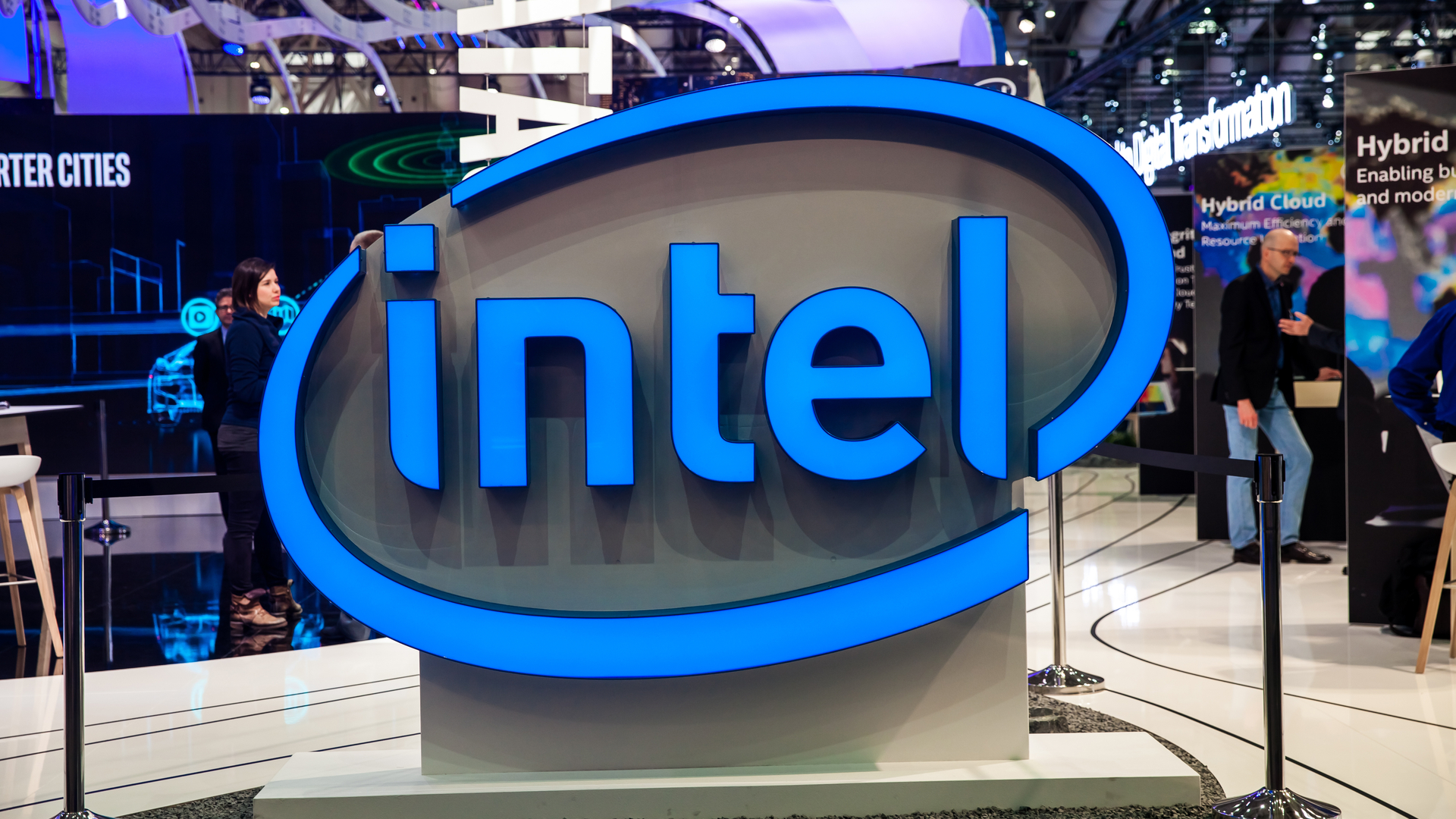Intel has officially sold its SSD business to SK Hynix
First move in a two-step plan has been completed

SK Hynix, South Korean memory semiconductor supplier of DRAM chips and flash memory chips, has completed stage one of its acquisition of Intel’s SSD and NAND businesses.
This follows recent official Chinese approval of the deal, which will see Intel being paid over $7 billion.
To handle its new SSD business, SK hynix formed a new subsidiary, called Solidigm. It will be spearheaded by Rob Crooke, former Intel SVP and GM for the company’s Non-Volatile Memory Solutions Group, while Lee Seok-hee, president and co-CEO of SK hynix, will take up the position of executive chairman. Solidigm will be headquartered in San Jose, California.
Exiting low-profit positions
The overall deal is worth $9 billion, but the plan was always to split the work into two stages. The first stage, which has now been completed, includes transferring Intel’s semiconductor fabrication plant, Dalian, located in China, to SK Hynix. It also includes transferring some employees and intellectual property.
The second stage, however, won’t be completed before 2025. Until then, Intel will use some of the WAFER design and intellectual property to produce NAND wafers at the Dalian factory.
When the deal is finalized, though, Intel will no longer produce NAND flash memory. It still plans on producing workstations for years to come.
Even though Chinese regulatory hurdles have been overcome, some restrictions will be in place. As reported by Tom's Hardware, there will be some pricing limits for finished products and components, as well as supply expansion assurances for enterprise-class PCIe and SATA components, for the next five years.
Sign up to the TechRadar Pro newsletter to get all the top news, opinion, features and guidance your business needs to succeed!
"Solidigm is poised to be the world's next big semiconductor company, which presents an unprecedented opportunity to reinvent the data memory and storage industry," said Crooke. "We are steadfast in our commitment to lead the data industry in a way that can truly fuel human advancement."
Intel is continuing down the path of detaching low-profit, capital-intensive operations, in favor of higher-earning projects, Tom’s Hardware claims. Intel’s company that develops technologies for self-driving cars, Mobileye, will also be taken public next year. However, as things stand right now, Intel plans on being the company’s majority owner.
- You should also check out our list of the best business laptops right now
Sead is a seasoned freelance journalist based in Sarajevo, Bosnia and Herzegovina. He writes about IT (cloud, IoT, 5G, VPN) and cybersecurity (ransomware, data breaches, laws and regulations). In his career, spanning more than a decade, he’s written for numerous media outlets, including Al Jazeera Balkans. He’s also held several modules on content writing for Represent Communications.